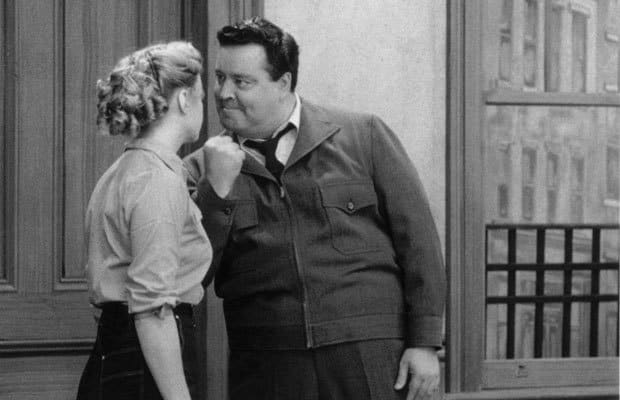In 1999, City issued a conditional use permit [CUP 4153] permitting development of two hotels near Disneyland by some developers. At that time, the City intended to build an overpass on a portion of the property owned by the developers. In exchange for taking that portion of the property, the City promised to build a parking structure. Relying on the City’s promises and representations, the developers reduced the number of hotel rooms and made other design changes.
Attorney Fees Award Reversed And Remanded For Trial Court To Provide A Specific Explanation For The Award.
A man was falsely accused of sexual activity and held to answer after a preliminary hearing during which a fabricated lab report was used as evidence. After the charges were dismissed, the man sued a City and a police officer for violation of his civil rights under 42 U.S.C. § 1983. Immediately prior to trial, the parties settled the dispute and the man sought attorney fees in the amount of $1,448,397 based on 2,249.9 hours of compensable attorney hours and costs of $72,255. The trial court awarded $436,807.50 for fees and $23,935.07 for costs.
Mental Examination Of Child Plaintiff Does Not Include Interview Of Parents.
The parents of a kindergartener filed a complaint, with the mother as guardian ad litem for the child, alleging the child was sexually molested by another kindergartener at school. The school district sought an order compelling the plaintiff kindergartener to submit to a mental examination, which would include personal interviews of the child and his parents by a psychiatrist.
Parents Did Not Include Teenaged Daughter In Insurance Policy On Car Exclusively Driven By Her.
While driving a GMC pickup truck owned by her father, a 17-year-old got into an accident. However, even though the daughter was the only one to drive the pickup, the father had excluded his daughter from insurance coverage in order to save money on premium payments. The daughter’s mother, who is the ex-wife of the father, had insurance on her own vehicles, but not the GMC.
Pre-Merger Arbitration Agreement Survived Merger.
In 2000, law firm #1 sent a letter to a lawyer offering him employment; the letter contained an arbitration provision. In 2006, law firm #2, which had subsumed law firm #1 in a merger, and the lawyer signed a termination agreement/resignation letter. Later, the lawyer sued law firm #2 for breach of the termination agreement. Law firm #2 petitioned for arbitration, and the lawyer contended the 2006 termination agreement, which did not contain an arbitration provision, constituted a novation of the offer letter.
Summary Judgment Reversed In Wrongful Termination Action.
More than a year after plaintiff’s employment was terminated, he brought an action against his employer for common law wrongful termination against public policy, contending he was treated unfairly and discriminated against because he suffered a work-related injury and was disabled. Defendant employer brought a motion for summary judgment, arguing plaintiff’s action is barred by the exclusivity doctrine under Workers’ Compensation statutes and the one-year statute of limitations under the Fair Employment and Housing Act
No Age Discrimination By Athletic Club.
An athletic club offers a range of membership levels, providing various privileges at one or more locations. The Young Professional program—at issue in this litigation—offers a reduced-cost membership for individuals ages 18 to 29, in recognition of the reduced financial resources of the under-30 age group. Launched in 2003, the program is offered at all but two of defendant’s facilities, and restricts access hours at two of defendant’s other facilities.
Shame On The Legal Profession.
In a breach of contract/breach of fiduciary duty/elder abuse action, a lawyer representing himself threatened opposing counsel with pepper spray and a stun gun at a deposition. When defendants moved for terminating sanctions, the lawyer plaintiff included in his opposition that the trial judge was a “former D.A. currently masquerading as a Superior Court Judge” and was defense counsel’s “pet dog.”
Statutory Interpretation.
The general rule is that statutes, including those clarifying existing law, do not operate retrospectively. In Western Security Bank v. Superior Court (1997) 15 Cal.4th 232 [62 Cal.Rptr.2d 243, 933 P.2d 507], the California Supreme Court held that, despite that general rule, when the Legislature promptly reacts to the emergence of a novel question of statutory interpretation by the courts, “[a]n amendment which in effect construes and clarifies a prior statute must be accepted as the legislative declaration of the meaning of the original act, where the amendment was adopted soon after the controversy arose concerning the proper interpretation of the statute.”
“One Of These Days, Alice….Pow…Straight To The Moon!,” Ralph Kramden. (but spousal battery is no longer funny . . and no longer tolerated.)
Indirect touching is sufficient to constitute a battery. A criminal defendant [the hubby] contended there was no indirect touching of his wife because the only thing that happened was that his car collided with another car being driven by his wife.





